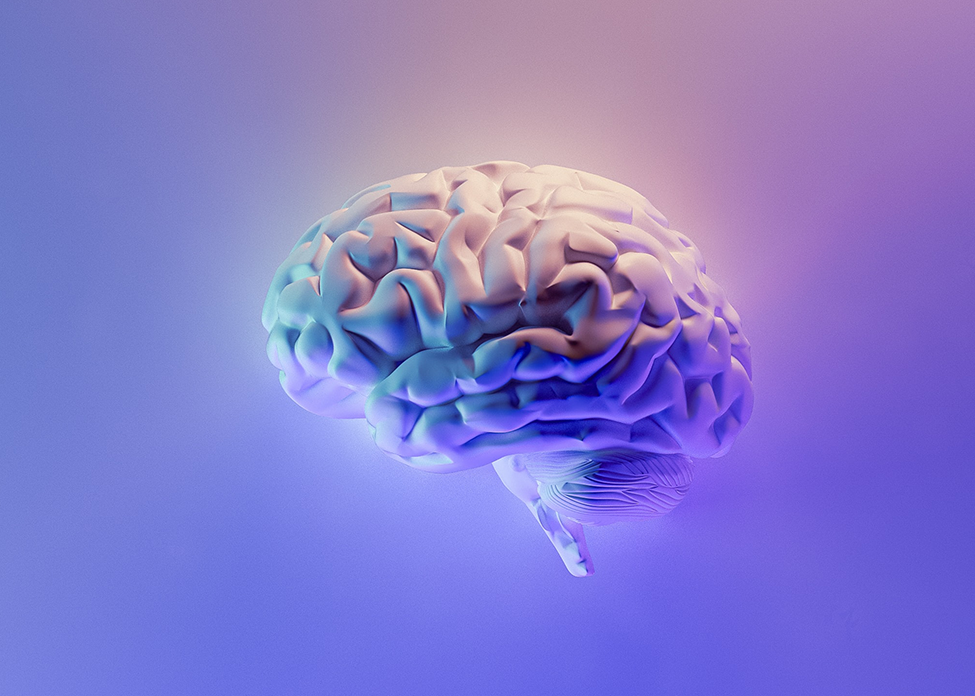An experimental Alzheimer’s drug developed by Biotechnology Innovation Organization’s (BIO) members Eisai Co Ltd and Biogen slowed the cognitive and functional decline in a large trial of patients in the early stages of the disease in a new study. The news offers “hope for patients and their families desperate for an effective treatment,” Reuters explains.
Results from Eisai’s large global Phase 3 confirmatory Clarity AD clinical trial of its monoclonal antibody treatment, lecanemab, show the drug “met the primary endpoint and reduced clinical decline on the global cognitive and functional scale, CDR-SB, compared with placebo at 18 months by 27%,” the companies’ press release says.
“If you can slow a disease b,y almost 30% that’s fantastic,” said Dr. Jeff Cummings, director of the Chambers-Grundy Center for Transformative Neuroscience at the University of Nevada Las Vegas, as quoted by Reuters.
The Phase 3 placebo-controlled, double-blind, parallel-group, randomized trial evaluated lecanemab’s ability to reduce cognitive and functional decline based on the Clinical Dementia Rating-Sum of Boxes (CDR-SB).
It is, according to Biogen’s explanation, a numeric scale used to quantify the various severity of symptoms of dementia in patients by accessing their “cognitive and functional performance in six areas: memory, orientation, judgment and problem solving, community affairs, home, and hobbies, and personal care.”
“The incidence of amyloid-related imaging abnormalities-edema/effus,” n (ARIA-E)”, side-effect associated with anti-amyloid antibodies, was 12.5% in the lecanemab group” and 1.7% in the placebo group, with symptomatic brain swelling registered at 2.8% of the patients, the companies said.
The incidence of hemorrhages – ARIA cerebral microhemorrhages, cerebral macrohemorrhages, and superficial siderosis – was 17.0% in the lecanemab group and 8.7% in the placebo group, the companies explain.
Proving amyloid hypothesis
“Additionally, the lecanemab Clarity AD study results prove the amyloid hypothesis, in which the abnormal accumulation of Aβ in the brain is one of the main causes of Alzheimer’s disease,” said Haruo Naito, Chief Executive Officer at Eisai, adding that the removal of sticky deposits of the protein called amyloid beta from the brains can delay the advance of the debilitating disease in people with early Alzheimer’s.
According to the amyloid hypothesis, which scientists have tried to prove for almost three decades, the primary cause of Alzheimer’s is the clumps of toxic amyloid cells that bind together in the brain.
Reuters underscored that “the amyloid hypothesis has been challenged by some scientists, particularly after the U.S. Food and Drug Administration’s approval of Aduhelm in 2021 based on its plaque-clearing ability rather than proof that it helped slow cognitive decline.”
Lecanemab is an intravenous antibody designed to remove amyloid deposits like the partners’ previous drug Aduhelm. However, unlike Aduhelm, it “targets forms of amyloid that have not yet clumped together.”
Aduhelm was the first new Alzheimer’s drug approved in 20 years.
Accepting Clarity AD’s results “as the confirmatory study to verify the clinical benefit of lecanemab,” FDA accepted “Eisai’s Biologics License Application (BLA) for lecanemab under the accelerated approval pathway and granted Priority ,” view”, the companies’ press release informed, adding that they’re aiming for traditional approval and commercialization of the drug in the U.S., Europe, and Japan by the end of 2023.




